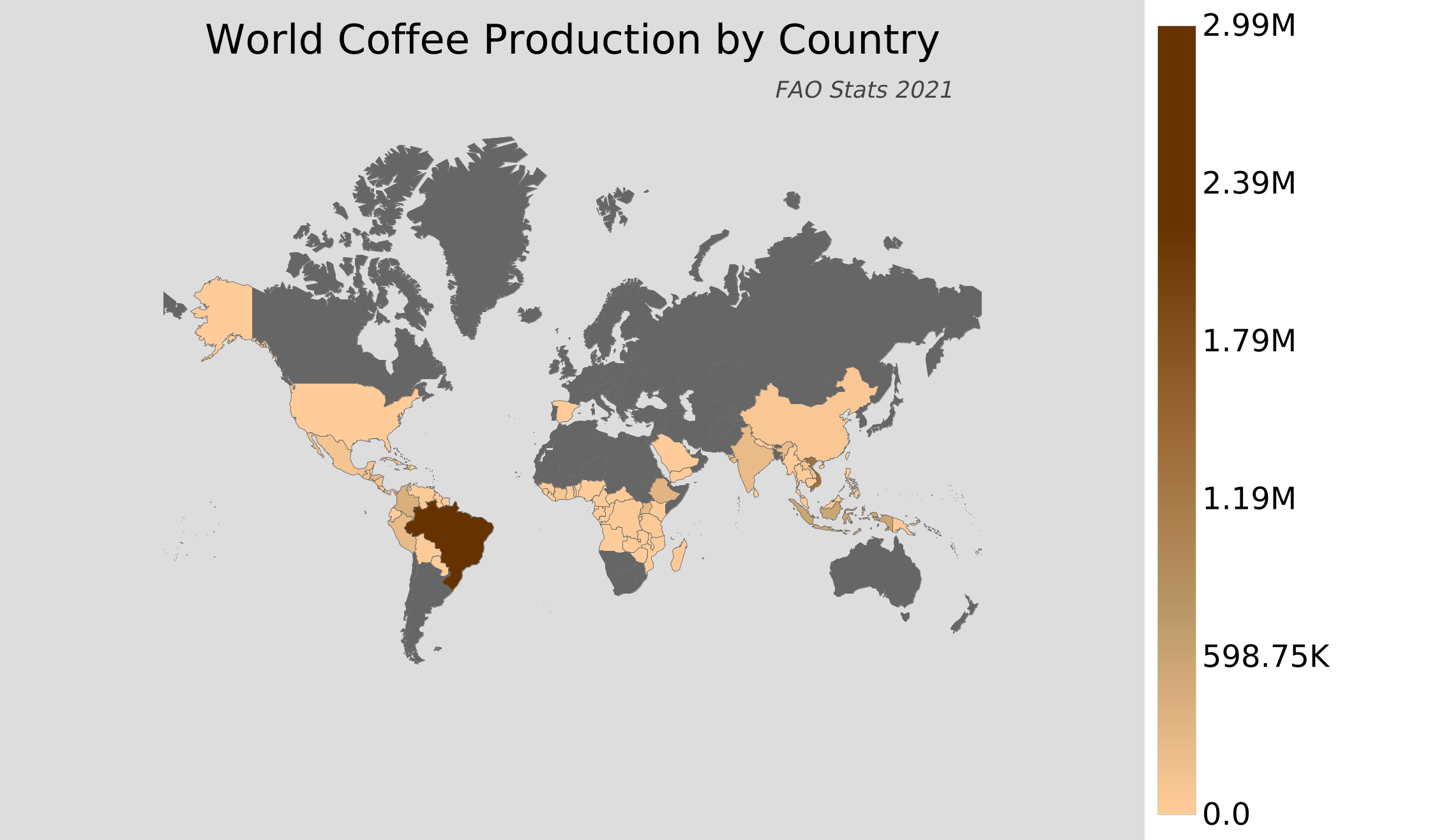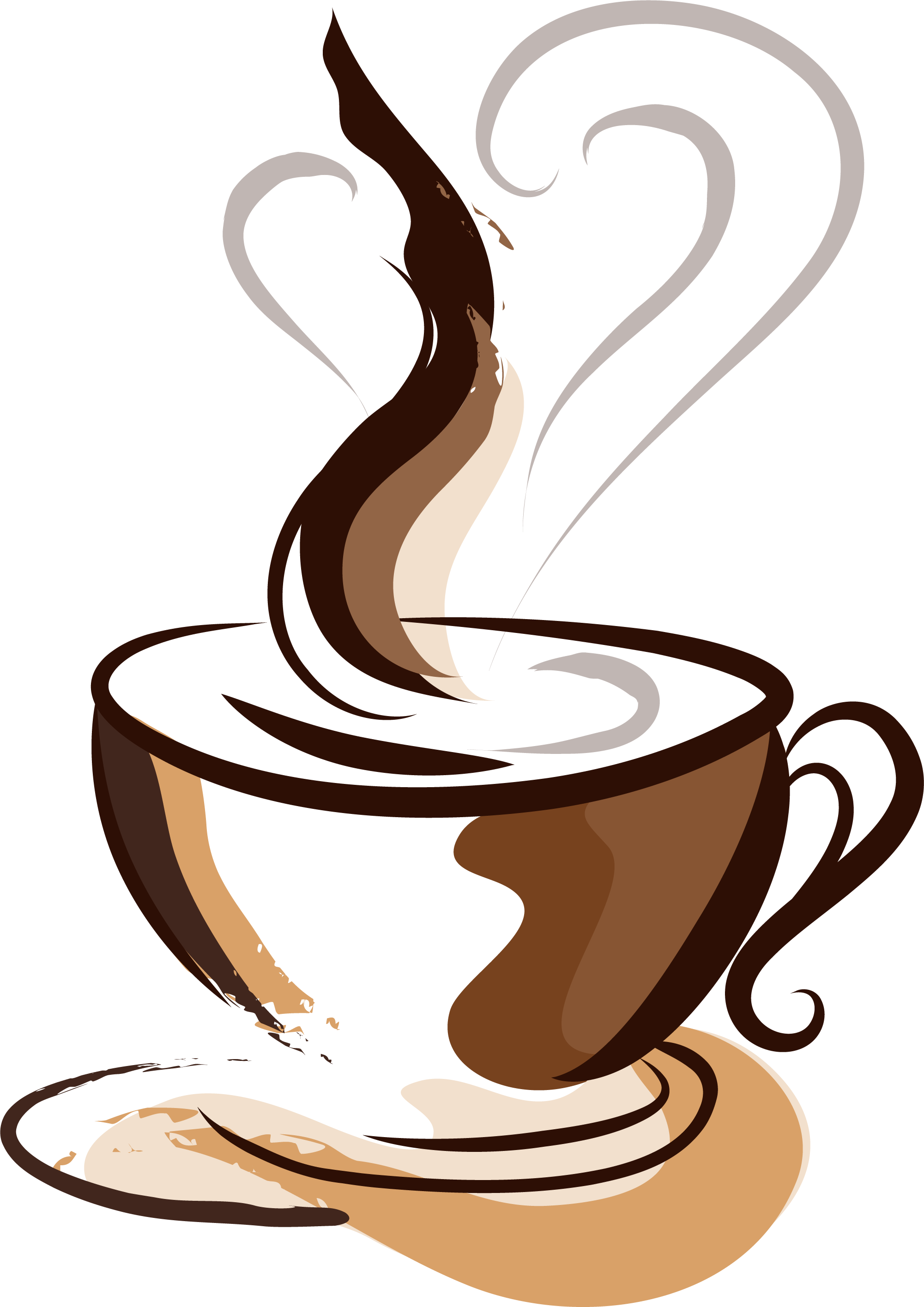Have you ever wondered how to spell coffee in English? Well, my friend, you're in the right place! Whether you're a coffee enthusiast, a language learner, or simply curious about one of the world's favorite beverages, this article will answer all your questions. Let's dive into the world of coffee, its origins, and why getting the spelling right matters more than you think.
Now, I know what you're thinking—how hard can it be to spell coffee? Turns out, it's not just about the letters; it's also about pronunciation, cultural nuances, and even the history behind this magical drink. Coffee is more than just a beverage; it's a global phenomenon that has brought people together for centuries. So, let's explore why mastering the spelling of coffee in English is worth your time.
By the end of this article, you'll not only know how to spell coffee correctly but also understand its significance in English-speaking cultures. Ready to become a coffee spelling pro? Let's get started!
- Westjet Face A Closer Look At The Human Side Of Canadas Beloved Airline
- Joseph Joestar Cosplay A Comprehensive Guide For Enthusiasts
Here's a quick table of contents to help you navigate through the article:
- The Origin of Coffee
- How to Spell Coffee in English
- Pronouncing Coffee Like a Native Speaker
- Common Variations and Spelling Mistakes
- Cultural Significance of Coffee
- A Brief History of Coffee
- Types of Coffee Around the World
- Health Benefits of Coffee
- Tips for Writing About Coffee
- Conclusion
The Origin of Coffee
Coffee's journey begins in the lush highlands of Ethiopia, where legend has it that a goat herder named Kaldi discovered the energizing effects of coffee beans. This humble beginning paved the way for coffee's global popularity. Today, coffee is enjoyed in countless ways across the world, from espresso in Italy to iced coffee in the United States.
Understanding the origin of coffee helps us appreciate its cultural significance. The word "coffee" itself has an interesting etymology, tracing back to the Arabic word "qahwah," which means "wine of the bean." As coffee spread from the Middle East to Europe, its name evolved, eventually becoming "coffee" in English.
- Zorbi Magic Flying Saucer The Ultimate Fun Toy For Everyone
- Frutiger Aeronostalgia Outfit A Journey Back In Time
Why Is Coffee So Popular?
Let's break it down. Coffee isn't just a drink; it's a ritual, a social activity, and a source of comfort. Whether you're starting your day with a cup of joe or meeting a friend for a caffeine-fueled chat, coffee plays a central role in our lives. Its popularity is fueled by its unique taste, versatility, and, of course, its caffeine kick.
How to Spell Coffee in English
Alright, let's get to the heart of the matter. How do you spell coffee in English? The answer is simple: C-O-F-F-E-E. Easy, right? But don't be fooled—spelling can get tricky, especially when you're dealing with different languages or dialects. For example, in Spanish, it's spelled "café," while in Italian, it's "caffè." See how things can get a bit confusing?
Here's a quick reminder: in English, it's always spelled C-O-F-F-E-E. No fancy accents or extra letters needed. Just good old-fashioned simplicity.
Common Spelling Mistakes
Now, let's talk about some common mistakes people make when spelling coffee. You'd be surprised how often these slip-ups happen, even among native English speakers. Here are a few examples:
- Cofee – Missing the second "f"
- Coffie – Adding an extra "i"
- Coofee – Doubling the "o"
Remember, the correct spelling is C-O-F-F-E-E. Practice it a few times, and you'll get it right every time!
Pronouncing Coffee Like a Native Speaker
Spelling is one thing, but how do you pronounce coffee in English? The correct pronunciation is /ˈkɒf.i/ (koff-ee). It's important to stress the first syllable and pronounce the "f" sound clearly. Avoid saying "cof-ee" or "cah-fee," as these are common mispronunciations.
Here's a fun fact: the way you pronounce coffee can vary depending on where you're from. For instance, in some British accents, the "o" sound is more drawn out, while in American English, it's shorter and sharper. So, if you're traveling or meeting people from different parts of the world, don't be surprised if you hear slight variations in pronunciation.
Tips for Perfect Pronunciation
Want to sound like a native speaker? Here are a few tips:
- Practice saying "coffee" slowly and clearly.
- Listen to native English speakers and mimic their pronunciation.
- Use online pronunciation tools to double-check your sounds.
Common Variations and Spelling Mistakes
As we mentioned earlier, coffee has different spellings in various languages. While C-O-F-F-E-E is the standard in English, other languages have their own twists. Here are a few examples:
- Spanish: Café
- Italian: Caffè
- French: Café
- German: Kaffee
These variations can lead to confusion, especially if you're learning multiple languages. To avoid mistakes, always double-check the spelling based on the language you're using.
Why Do Spelling Mistakes Happen?
Spelling errors are more common than you might think, and there are several reasons for this. First, coffee is a word that looks simple but can trip people up due to its double consonants and vowel sounds. Second, the influence of other languages can lead to confusion. Lastly, autocorrect on phones and computers often suggests incorrect alternatives, making it easy to make mistakes without realizing it.
Cultural Significance of Coffee
Coffee isn't just a drink; it's a cultural phenomenon. From the bustling coffee shops of New York to the serene cafés of Paris, coffee plays a central role in social interactions. It's a symbol of connection, creativity, and community.
In many cultures, coffee is more than just a beverage—it's a way of life. For example, in Ethiopia, the birthplace of coffee, a traditional coffee ceremony is a sacred ritual that brings people together. In Italy, espresso is a quick but cherished moment of indulgence. And in the United States, coffee is a daily necessity for millions of people.
How Coffee Shapes Our Lives
Let's take a closer look at how coffee influences our daily routines:
- Productivity: Coffee is a proven energy booster, helping people stay alert and focused.
- Socializing: Coffee shops are hubs for conversations, networking, and relaxation.
- Well-being: Drinking coffee in moderation has been linked to various health benefits, including improved mood and reduced risk of certain diseases.
A Brief History of Coffee
The history of coffee is as rich and complex as the drink itself. From its discovery in Ethiopia to its global spread, coffee has a fascinating backstory. Here's a quick timeline:
- 9th Century: Coffee is discovered in Ethiopia.
- 15th Century: Coffee cultivation begins in Yemen.
- 17th Century: Coffee arrives in Europe, sparking a coffeehouse revolution.
- 18th Century: Coffee becomes a staple in the Americas, thanks to colonial trade routes.
- 21st Century: Coffee is a multi-billion-dollar industry, with millions of people enjoying it daily.
Each era has added its own flavor to the coffee story, making it a truly global phenomenon.
Fun Facts About Coffee History
Did you know that coffee was once banned in certain places? In the 16th century, some religious leaders in Mecca and Ethiopia tried to outlaw coffee, claiming it was a dangerous stimulant. Thankfully, coffee lovers prevailed, and the drink continued to thrive.
Types of Coffee Around the World
One of the most exciting things about coffee is its diversity. From classic espresso to trendy cold brew, there's a coffee style for everyone. Here are some popular types of coffee enjoyed around the world:
- Espresso: A concentrated shot of coffee, perfect for those who like their caffeine strong.
- Cappuccino: A frothy mix of espresso, steamed milk, and foam.
- Latte: Espresso with a generous amount of steamed milk.
- Macchiato: Espresso "stained" with a small amount of milk.
- Iced Coffee: Chilled coffee, often served with ice and milk.
No matter your preference, there's a coffee out there that suits your taste buds perfectly.
Health Benefits of Coffee
Beyond its delicious taste, coffee offers numerous health benefits when consumed in moderation. Studies have shown that coffee can improve cognitive function, reduce the risk of certain diseases, and even enhance physical performance. Here are a few key benefits:
- Antioxidants: Coffee is rich in antioxidants, which help protect your cells from damage.
- Mood Booster: The caffeine in coffee can improve mood and reduce the risk of depression.
- Heart Health: Moderate coffee consumption has been linked to a lower risk of heart disease.
Of course, it's important to enjoy coffee in moderation and be mindful of added sugars and creams. Too much of a good thing can have negative effects!
How Much Coffee Is Too Much?
Experts generally recommend limiting coffee intake to 3-4 cups per day. Beyond that, you might experience side effects like jitteriness, insomnia, or an upset stomach. Listen to your body and find the right balance for you.
Tips for Writing About Coffee
If you're writing about coffee—whether for a blog, article, or essay—here are a few tips to keep in mind:
- Spell It Right: Always double-check the spelling of "coffee" in English.
- Use Variations: Incorporate long-tail keywords like "how to spell coffee in English" or "history of coffee" to enhance SEO.
- Be Informative: Provide value by sharing interesting facts, statistics, and cultural insights.
- Engage Your Audience: Use a conversational tone to make your writing relatable and enjoyable.
By following these tips, you'll create content that's both informative and engaging for your readers.
Conclusion
So, there you have it—a comprehensive guide on how to spell coffee in English and everything you need to know about this beloved beverage. From its origins in Ethiopia to its global popularity, coffee has a rich history and cultural significance that continues to shape our lives today.
Remember, the correct spelling is C-O-F-F-E-E, and the pronunciation is /ˈkɒf.i/. Whether you're a coffee enthusiast, a language learner, or simply curious about this magical drink, mastering the spelling and pronunciation of coffee is a small but important step in appreciating its global impact.
Now, it's your turn! Share your thoughts in the comments below. Do you have a favorite type of coffee? What's your go-to coffee ritual? And don't forget to share this article with your fellow coffee lovers. Together, let's celebrate the magic of coffee—one cup at a time!
- Westjet Face A Closer Look At The Human Side Of Canadas Beloved Airline
- Did Skirby Do It With A Dog Unveiling The Truth Behind The Controversy


